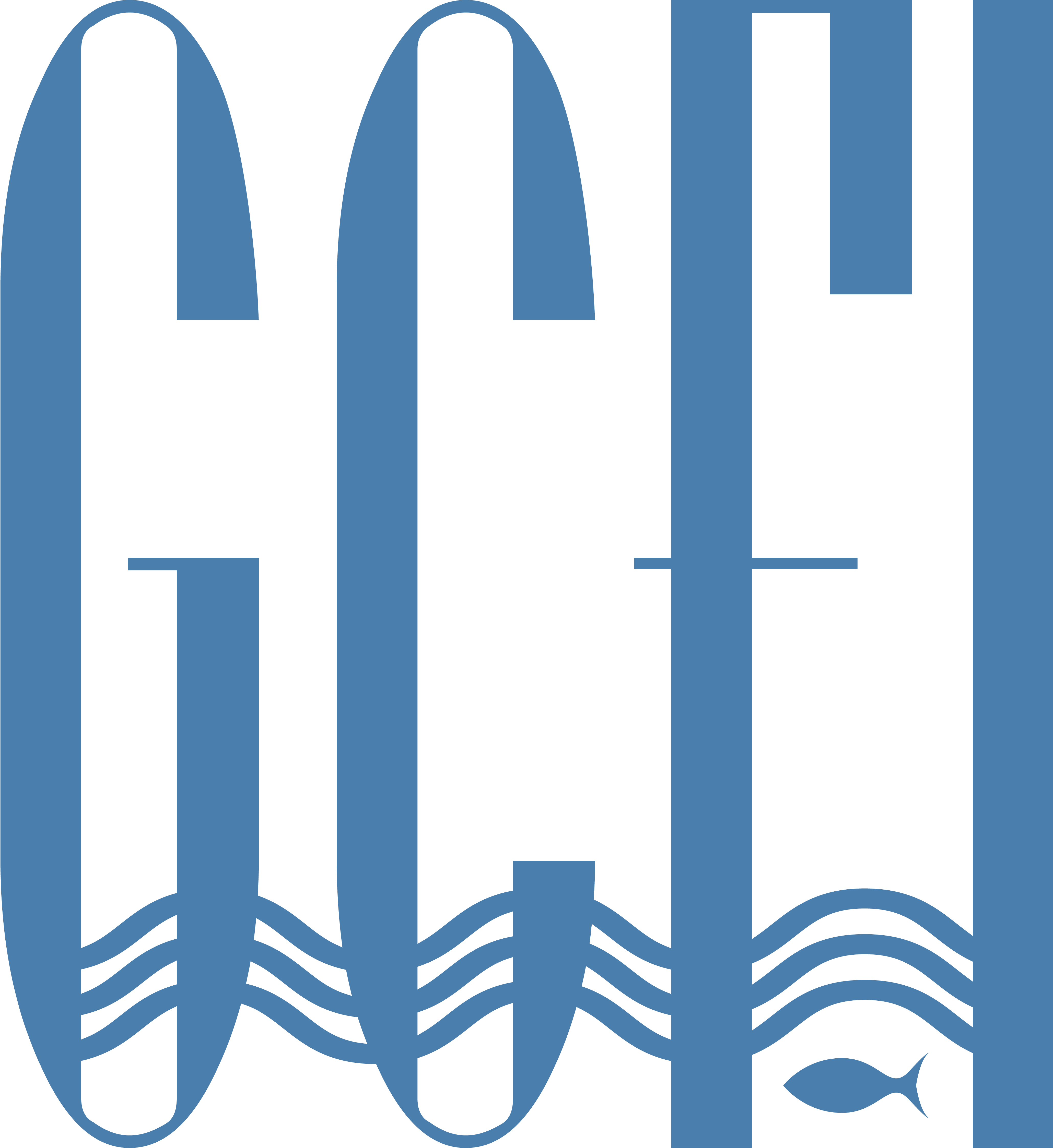Home > GCR > Vol. 20 > Iss. 1 (2008)
Alternate Title
Habitat Condition and Associated Macrofauna Reflect Differences Between Protected and Exposed Seagrass Landscapes
Document Type
Article
Abstract
Seagrass landscape configurations associated with different physical settings can affect habitat-structure and plant-animal relationships. We compared shoal grass (Halodule wrightii) habitat and macrofaunal variables between two fragmented seagrass landscapes at barrier-island locations subject to different disturbance regimes. Five seagrass habitat variables including above ground biomass (AGB), shoot number, per shoot biomass, epiphyte biomass and below ground biomass (BGB), differed significantly between the island landscapes. Per shoot biomass and epiphyte biomass also varied significantly over the seagrass growing season; and epiphyte biomass showed a strong landscape-time interaction. Abundances of microgastropods normalized to AGB differed significantly between landscapes. An inverse relationship between the abundance of microgastropods and epiphyte loading suggests a possible functional link. However, additional temporal mismatch between epiphyte loading and microgastropod abundance indicates that controls on epiphyte loading were complex. Seagrass habitat was more fragmented within the Cat Island (CI) landscape. Wind direction and strength imply that the CI landscape experienced more physical disturbance than the Horn Island (HI) landscape. This study highlights some potential links involving landscape configuration, habitat structure, and macrofaunal associations which can be further addressed using hypothesis-driven research.
First Page
11
Last Page
19
DOI Link
Recommended Citation
Rakocinski, C. F., C. A. Moncreiff, M. S. Peterson, K. E. VanderKooy and T. A. Randall.
2008.
Habitat Condition and Associated Macrofauna Reflect Differences Between Protected and Exposed Seagrass Landscapes.
Gulf and Caribbean Research
20
(1):
11-19.
Retrieved from https://aquila.usm.edu/gcr/vol20/iss1/3
DOI: https://doi.org/10.18785/gcr.2001.03





